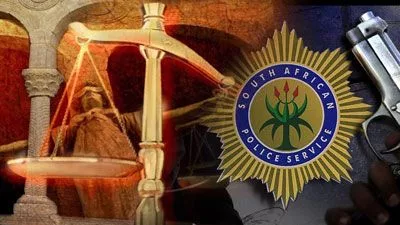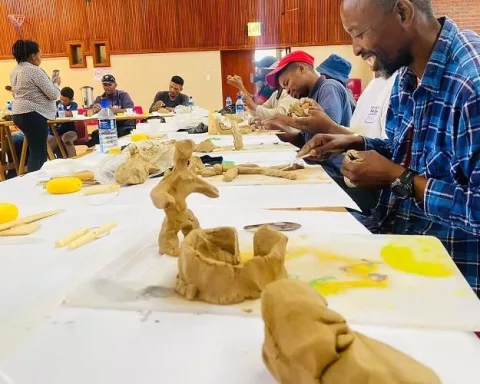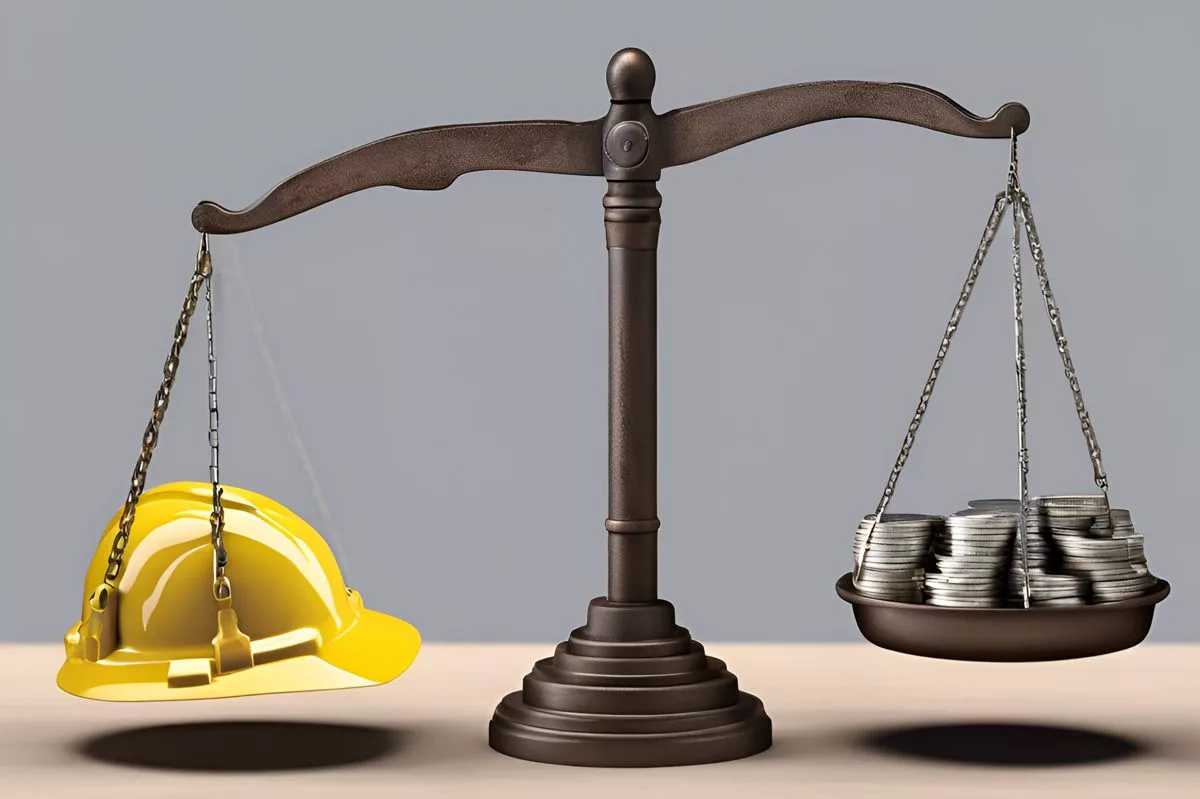In today’s world, enjoying art can be tricky when the artist has a troubled past. Professor Mamokgethi Phakeng faced backlash for deciding to attend a Chris Brown concert, even as she supports ending gender-based violence. Critics called her a hypocrite for enjoying music from someone accused of serious wrongdoings, yet she argued that liking the art doesn’t mean she supports the artist’s actions. This situation sparks important questions about how we balance personal enjoyment with our responsibilities to society, pushing us to think deeply about how we engage with art and the messages it sends.
Can we enjoy art while holding the artist accountable for their actions?
Yes, we can appreciate art independently of the artist’s past. Personal enjoyment of art does not equate to condoning unethical behavior. Instead, focus on tangible activism to foster meaningful change, as public perception and personal choices continue to intersect in today’s society.
In today’s complex world, the intersection of art, ethics, and public perception presents a challenging landscape. The recent decision by Professor Mamokgethi Phakeng, the former Vice-Chancellor of the University of Cape Town, to attend a Chris Brown concert has sparked widespread controversy. This situation encapsulates the ongoing debate over how personal decisions mesh with societal expectations.
The Artist vs. The Art
Chris Brown, an artist whose career has often been overshadowed by allegations of domestic violence, continues to be a divisive figure. His concerts, scheduled for mid-December at Johannesburg’s FNB Stadium, fall during South Africa’s 16 Days of Activism, a campaign focused on ending gender-based violence. This timing highlights a cultural conundrum: can we appreciate art independently of the artist’s personal history?
When Phakeng publicly declared her intention to attend these concerts and even secured VIP tickets, it triggered a heated debate. Critics swiftly branded her a “hypocrite” due to her previously vocal opposition to gender-based violence. Yet, Phakeng stood firm, arguing that valuing music doesn’t imply condoning an artist’s past actions. Her stance raises fundamental questions about the intrinsic role of art in society, which has historically served as a mirror reflecting societal truths. From the Renaissance to modern expressionism, art has been a catalyst for conversation and change, demanding audiences to confront difficult realities.
Personal Enjoyment vs. Collective Responsibility
Phakeng’s decision invites deeper reflection on the balance between personal enjoyment and societal duty. Her perspective prompts us to consider whether we can enjoy art while also holding the artist accountable for their actions. This tension between personal freedom and activism is increasingly relevant in today’s digital age, where public opinion can rapidly amplify through social media platforms.
She argues that boycotting a concert does not directly contribute to the fight against gender-based violence in South Africa. Instead, Phakeng emphasizes tangible activism as a more impactful approach. Her stance challenges the effectiveness of symbolic gestures in the realm of social justice, urging individuals to focus on concrete actions rather than performative ones. This viewpoint resonates with those who seek meaningful change, yet it contrasts sharply with the growing petition spearheaded by Women For Change on Change.org. With thousands of signatures, this campaign calls for denying Chris Brown entry into South Africa, asserting that allowing him a platform sends a conflicting message.
The Broader Cultural Dilemma
The heated discussion over Chris Brown’s concerts represents a broader cultural challenge: reconciling the appreciation of art with moral accountability. This is not a new issue. Artists like the post-impressionists faced criticism for their unconventional lifestyles, yet their work remains celebrated for its innovation. Today, this conversation extends beyond the art world into politics and business, where leaders are increasingly scrutinized for personal missteps.
The backlash against Phakeng also underscores the influence of social media in shaping public discourse. Her defiant and reflective tweets demonstrate how digital platforms can both amplify voices and polarize communities. Social media provides a space for real-time dialogue and demands accountability in unprecedented ways. As this dynamic continues to unfold, it becomes clear that the intersection of art, ethics, and public opinion is continuously evolving.
Phakeng’s stance may be contentious, but it contributes to an important conversation about societal values and ethical consumption. The divide between her personal decisions and public perception challenges us to reflect on our own preferences and their broader implications. These debates, though difficult, push boundaries and encourage introspection, helping us refine our understanding of how to engage with art and culture responsibly.
Ultimately, the scenario surrounding Phakeng and the Chris Brown concerts highlights the complexity of navigating personal choices in the public eye. It prompts us to question not only our preferences but also how they align with the societal fabric. As these discussions continue, they serve as a crucial mechanism for societal growth and understanding.
FAQ: Navigating Art, Morality, and Public Perception
What sparked the controversy surrounding Professor Mamokgethi Phakeng’s decision to attend a Chris Brown concert?
Professor Mamokgethi Phakeng, the former Vice-Chancellor of the University of Cape Town, faced backlash for attending a Chris Brown concert during South Africa’s 16 Days of Activism against gender-based violence. Critics labeled her a hypocrite, given her previous vocal opposition to such violence, leading to a broader debate about the relationship between artists’ past actions and the art they produce.
Can we enjoy an artist’s work while still holding them accountable for their actions?
Yes, it is possible to appreciate art independently of the artist’s personal history. Personal enjoyment does not equate to condoning unethical behavior. Rather than boycotting art, individuals can focus on tangible activism and engage in meaningful discussions about societal issues, thereby fostering positive change.
What role does social media play in shaping public perception regarding art and artists?
Social media significantly influences public discourse by amplifying voices and polarizing opinions. It provides a platform for real-time dialogue, allowing individuals to express their views and hold others accountable. The case of Phakeng highlights how social media can shape narratives and affect perceptions surrounding art and morality.
Why do some people believe that attending the concert is a form of hypocrisy?
Critics argue that attending Chris Brown’s concert, particularly during a campaign aimed at ending gender-based violence, contradicts Phakeng’s previous stance on the issue. They view enjoying the artist’s music as an implicit endorsement of his past actions, leading to accusations of hypocrisy in her choice.
How does this situation reflect broader cultural challenges?
The controversy encapsulates ongoing tensions between personal enjoyment of art and collective moral responsibility. It mirrors historical debates about the reception of artists with troubled pasts and extends into realms like politics and business, where public figures are often held accountable for their personal lives and actions.
What can individuals do to navigate their own preferences regarding art and the artists behind it?
Individuals can reflect on their consumption choices and consider the broader implications of their support for certain artists. Engaging in meaningful activism, participating in discussions about social issues, and prioritizing concrete actions over performative gestures can help balance personal enjoyment with ethical consumption. This self-reflection contributes to a deeper understanding of the societal context in which art exists.












